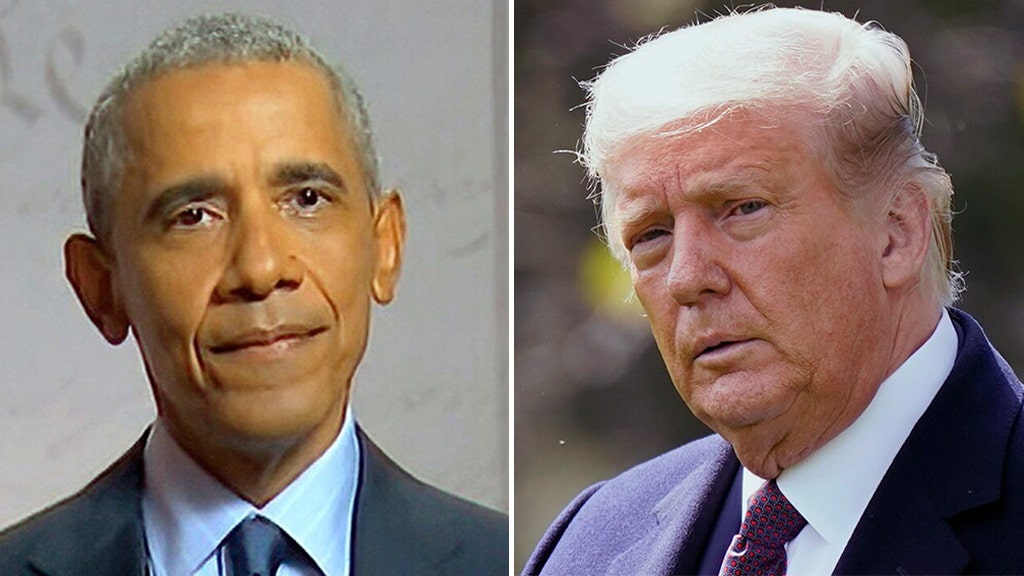Analysis | What comes after ‘maximum pressure’ on Iran
Iranian officers have demanded an finish to the financial sanctions levied on their nation by former president Donald Trump. His transfer was extensively thought of a breach of the phrases of a deal U.N. inspectors say was working in sustaining limits on the Iranian nuclear program. Chafing underneath sanctions, Iran started enriching uranium at ranges greater than what’s permitted by the deal. Regime hard-liners, in the meantime, view new diplomacy with the United States as a useless finish. On Tuesday, a regulation barring U.N. inspectors from Iranian nuclear websites was supposed to enter impact — a transfer sure to escalate tensions additional with the West. But a weekend of shuttle diplomacy carried out by the pinnacle of the U.N.’s atomic company appears to have created some breathing room.
“Under vague terms of the deal announced Sunday, Iran would still end implementation of what is known as the Additional Protocol, which enforces monitoring by the International Atomic Energy Agency (IAEA), but would continue to allow what Rafael Grossi, the agency’s head, called ‘necessary monitoring and verification’ of Iran’s nuclear program,” explained my colleague Kareem Fahim.
“The hope of the IAEA has been to be able to stabilize a situation which was very unstable and I think this technical understanding does it, so that other political consultations at other levels can take place,” Grossi told reporters in Vienna.
Those consultations are actually getting underway. Last week, the Biden administration successfully pulled the plug on the Trump administration’s “maximum pressure” marketing campaign by signaling its willingness to have interaction in casual talks on Iran with European allies. That can be the beginning of a fragile diplomatic dance that will choreograph Iran scaling again a few of its nuclear actions alongside sanctions reduction. There’s no clear timeline for any of this, however a pathway towards an entente has now opened.
The Biden administration has already made small technical strikes on the United Nations to assist reset the desk. They lifted restrictions positioned on Iranian diplomats in New York and rescinded the Trump administration’s 2020 assertion — rejected even then by the U.S.’s European allies — that every one U.N.-mandated sanctions on Iran have been in place. Glimmers of a broader thaw may very well be seen in South Korea’s resolution Monday to unfreeze a significant sum of Iranian money blocked in its banks due to U.S. monetary sanctions.
In each Washington and Tehran, although, there’s loads of opposition. On Monday, after Grossi’s departure, Iran’s parliament condemned the brand new settlement with the IAEA. The parliament’s speaker even called for the prosecution of Iranian President Hassan Rouhani and his allies, whom he described as “violators and dissenters.”
Biden’s home opponents see the present course as a misguided abandonment of leverage over the Iranian regime. “The ayatollah understands only strength. I led a response to the Iranian threat that protected the American people from its terror and supported the Jewish state of Israel,” former secretary of state Mike Pompeo told the far-right Washington Free Beacon on Thursday. “Adopting the European Union model of accommodation will guarantee Iran a path to a nuclear arsenal.”
“The irony of the situation is that we almost have a mirror image in Tehran and Washington,” Ali Vaez, Iran mission director of the International Crisis Group, stated throughout a Monday press name hosted by the European Leadership Network. “You have two governments who would have loved to restore the [nuclear deal] status quo ante with a push of a button if they could but they have to deal with parliamentary opposition which reflects broader political resistance to the deal.”
The Trump administration’s “maximum pressure” marketing campaign could have exacted a deep financial toll. But the reimposition of U.S. sanctions failed to attain a lot of Pompeo and Trump’s acknowledged objectives: Tehran’s Middle East proxies have hardly been deterred from carrying out hostile actions within the area; the United States and its companions look no nearer to extracting larger concessions from the regime than what was gained in 2015; and Iran is theoretically nearer to pushing towards a nuclear weapon than earlier than Trump took workplace.
“Leverage only makes sense if you use it at the right time and for Washington right now, the leverage card is somewhat exhausted,” Ellie Geranmayeh of the European Council on Foreign Relations advised Today’s WorldView throughout that very same name, including that the Iranian regime has been capable of “retool” its economic system underneath sanctions and “immunize itself from an economic collapse as proponents of maximum pressure had hoped for.”
The leverage Biden has is “not in the form of Trump sanctions,” Vaez advised Today’s WorldView, however slightly the “now proven ability of the United States to turn the switch on and off on its own to great effect on the Iranian economy. And this leverage would exist a year from now or two years from now, whenever needed.”




